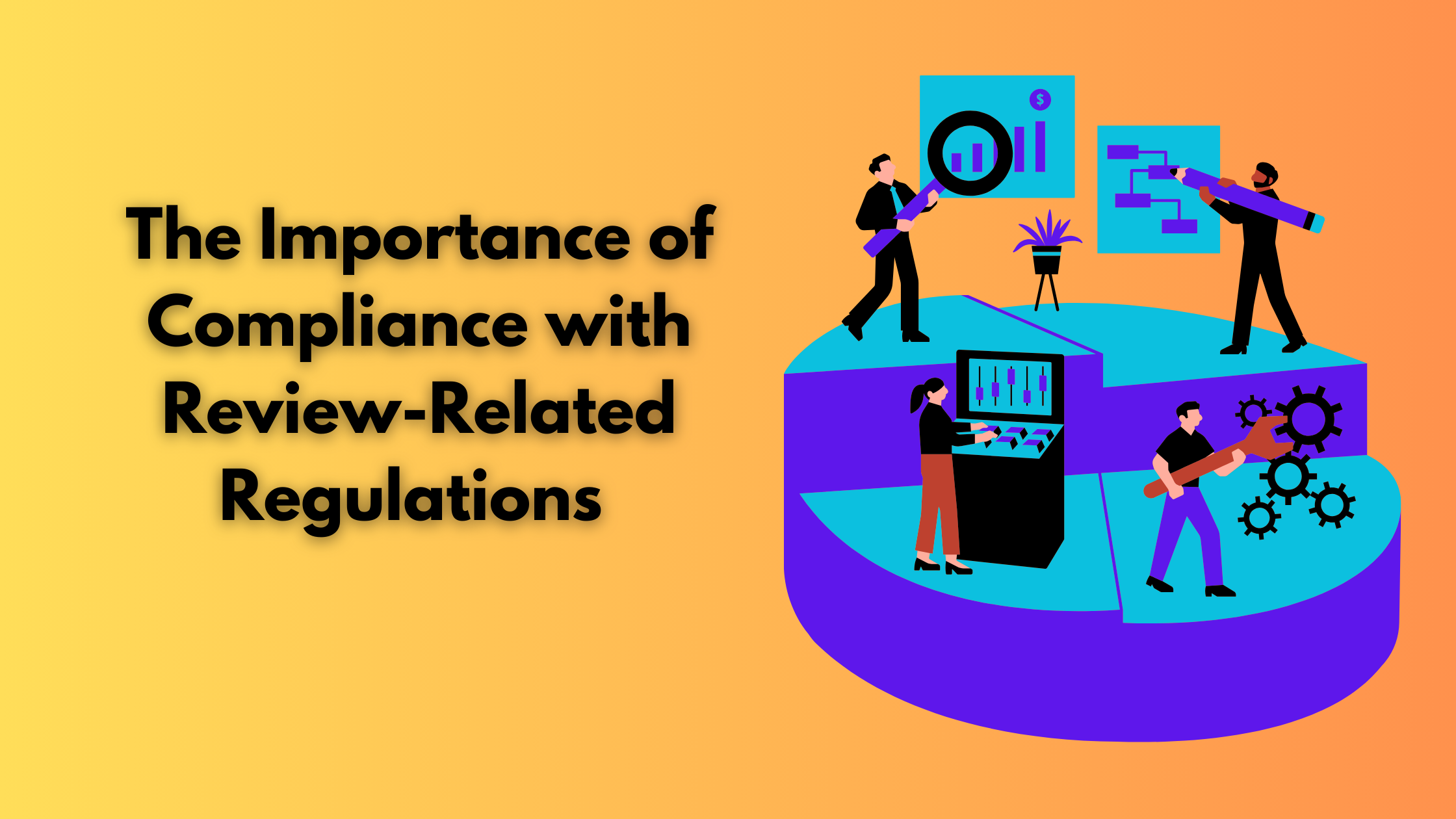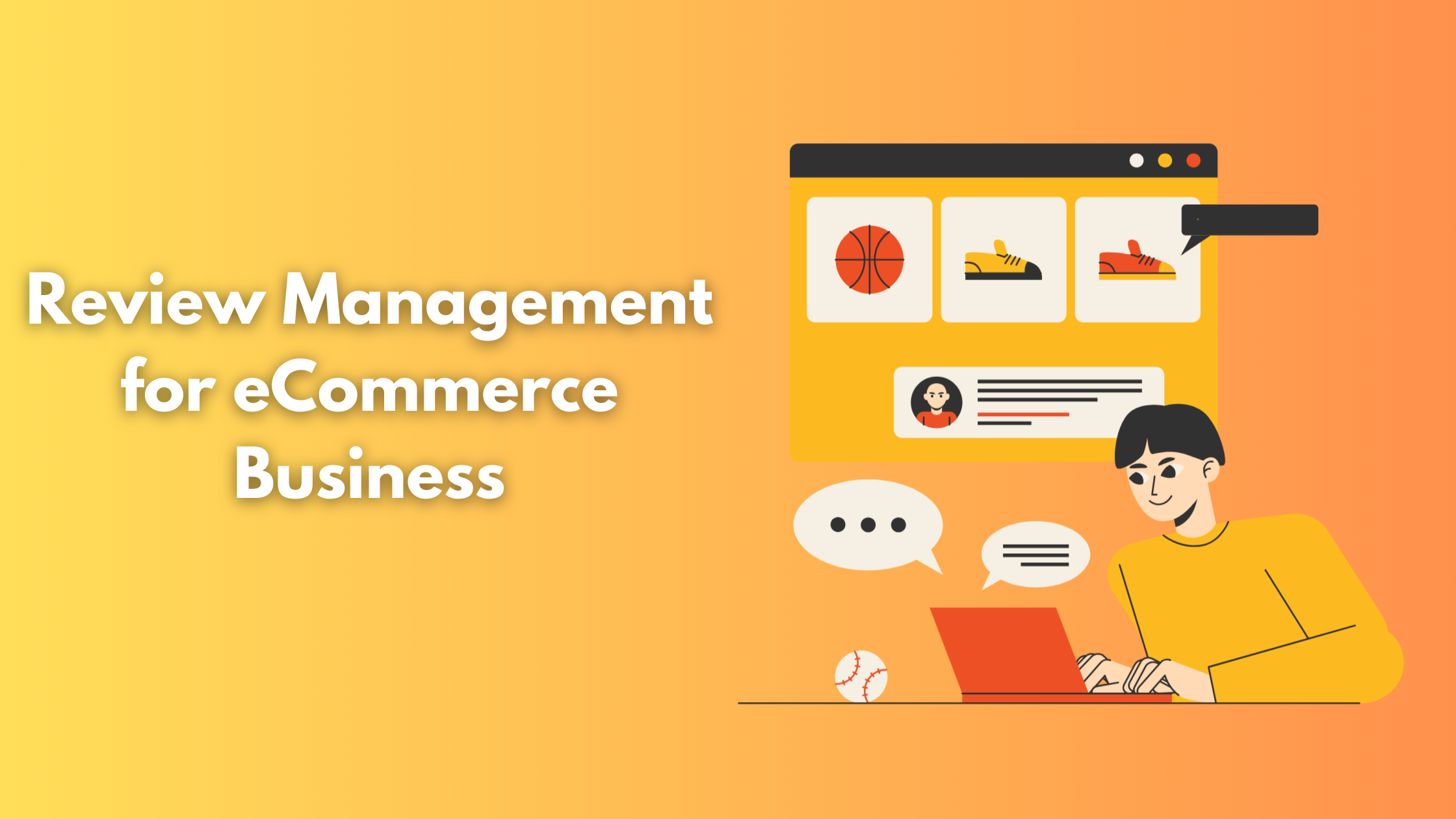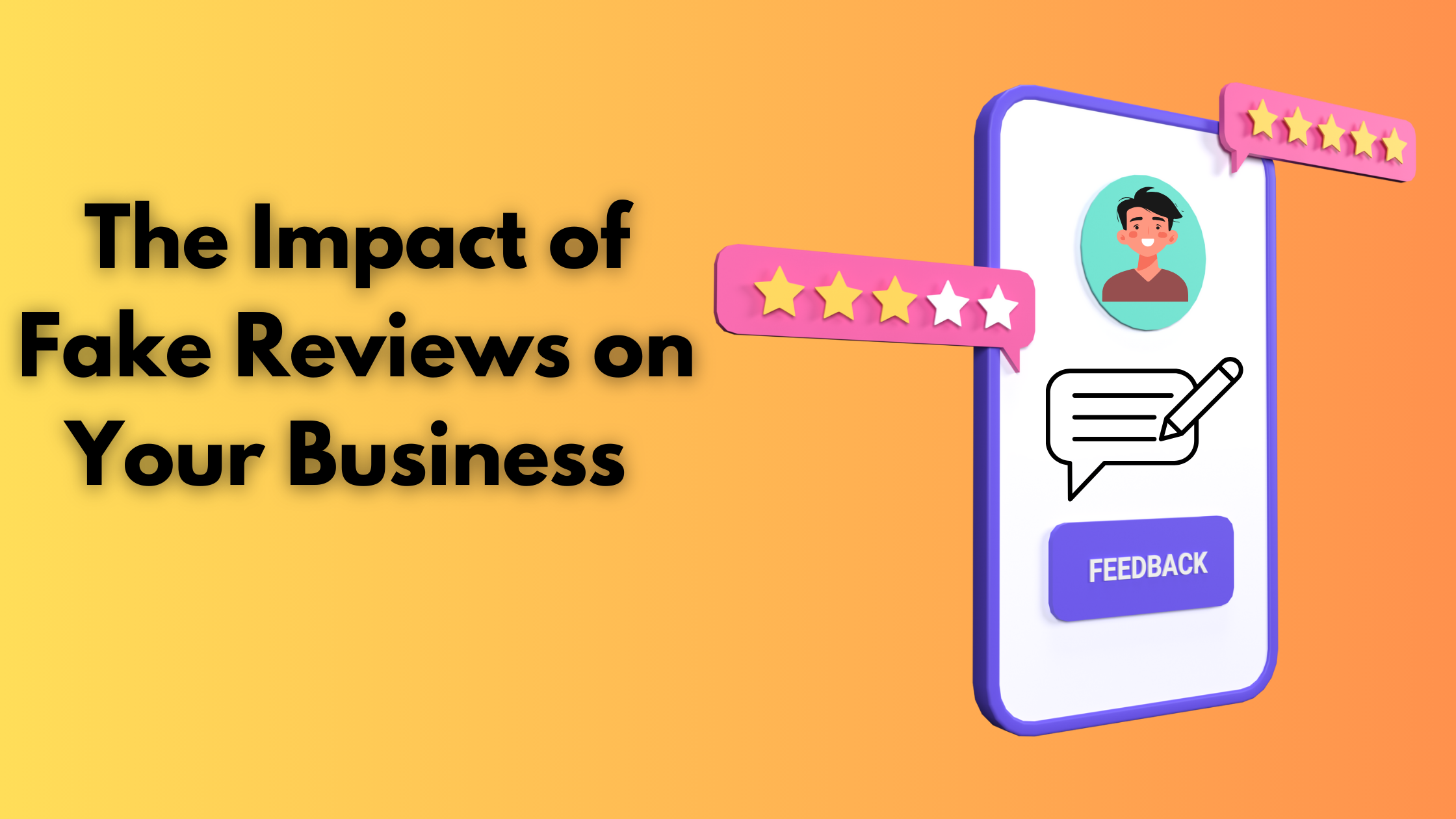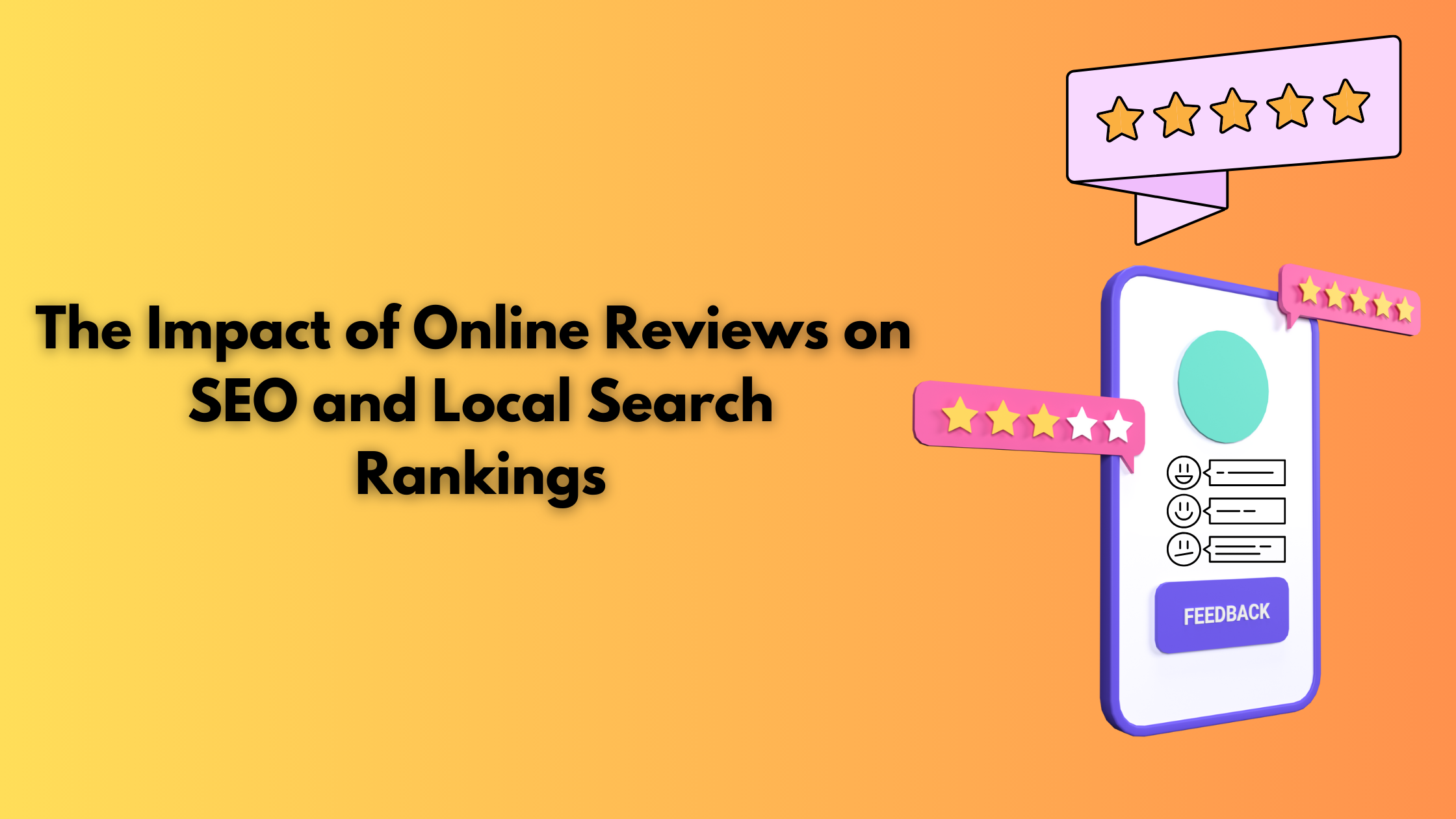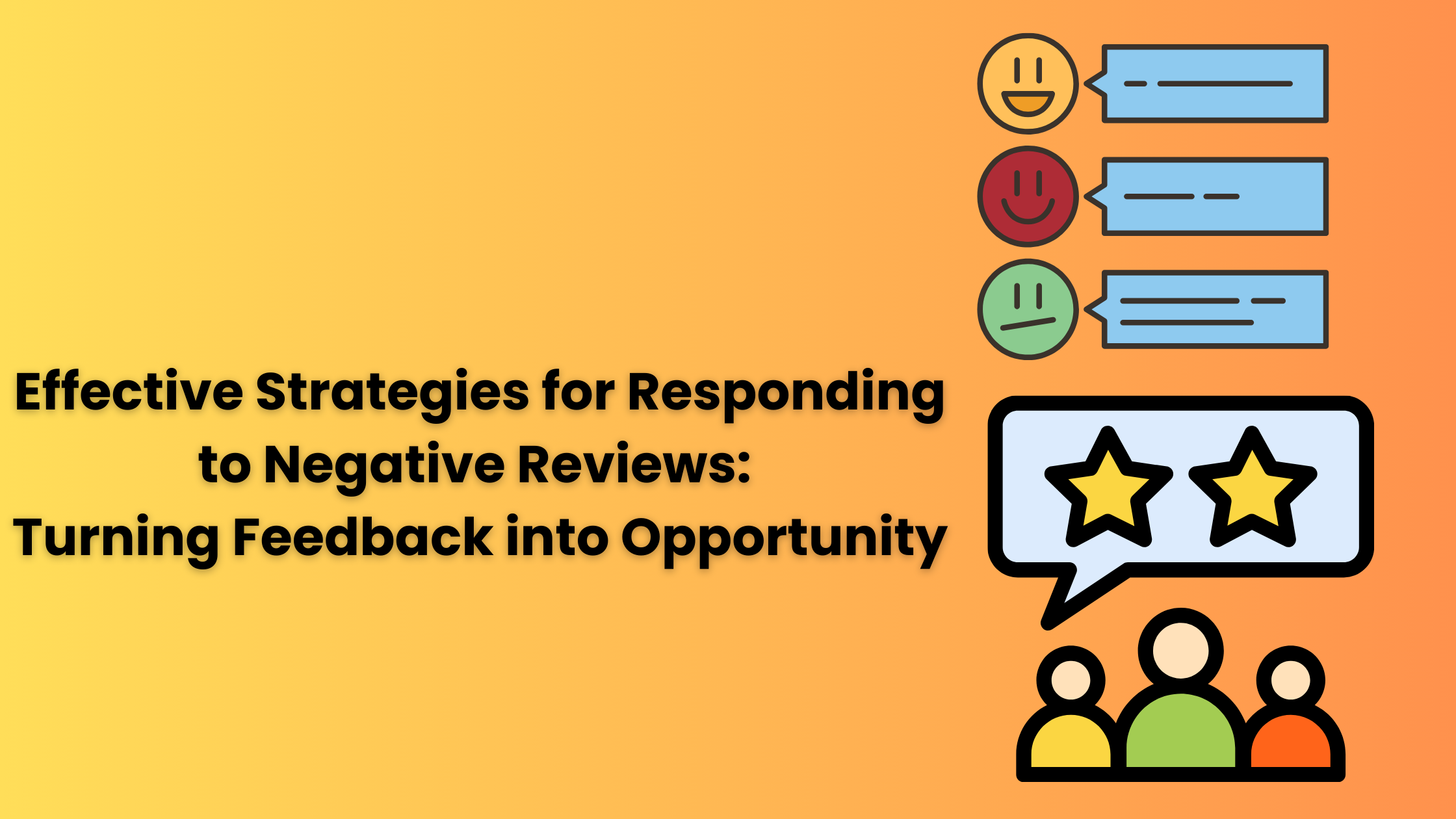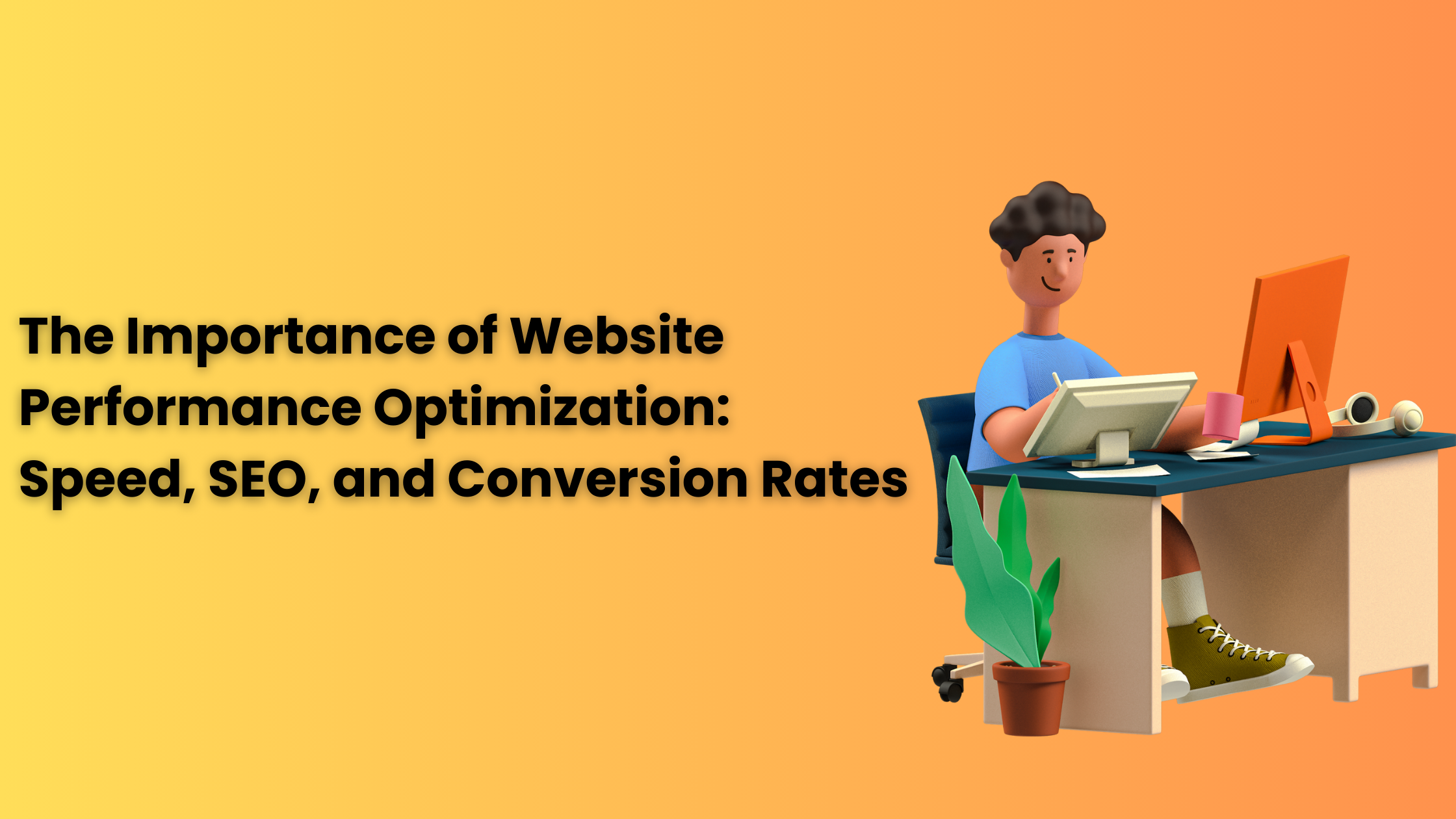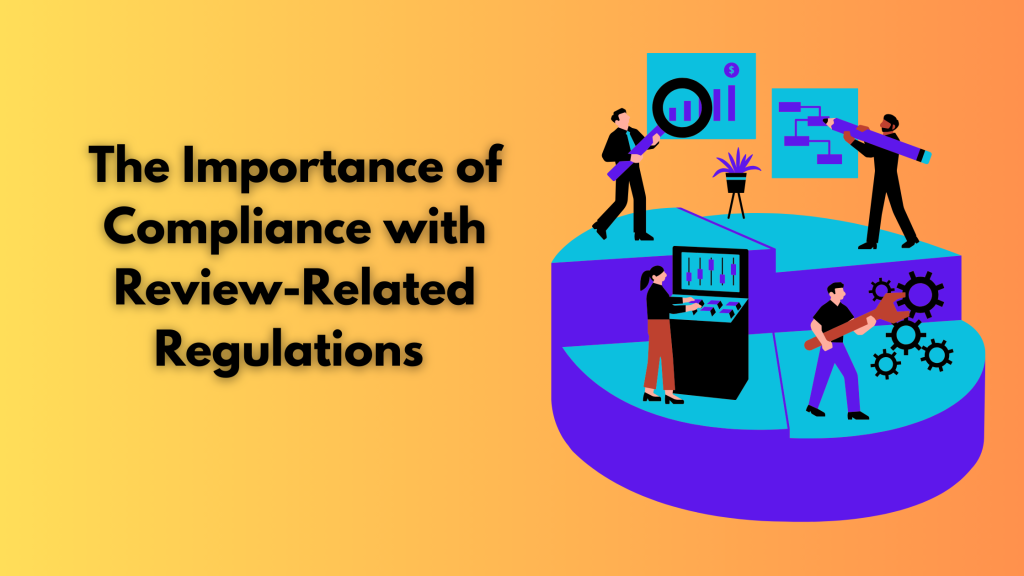
All companies irrespective of size and industry must adhere to the rules and regulations. Regulatory compliance is a set of guidelines that you must adhere to. However different companies should comply with various laws such as the food industry focus on product safety and hygiene. This would differ from the needs and regulations of the manufacturing industry.
In this blog, we’ll learn what regulatory compliance is, why it is important, and compliance with review-related regulations.
What is Regulatory Compliance?
Regulatory compliance is an organization’s adherence to rules regulations, and specifications related to your business and its process. Violation of these regulations results in legal action or punishment.
Some examples of regulatory compliance laws are the Federal Information Security Management Act,
Federal Trade Commission, Consumer Review Fairness Act, etc.
Depending on the industry, regulations vary. Organizations must comply with present rules and regulations in all the countries they operate in and from. Industries like information technology, healthcare, financial, etc face complex and difficult rules and regulations due to their impact on health infrastructure, the economy, the market, etc. Many such industries are at risk of cyber attacks.
As business grows, the regulations increase in scale and volume. The company must comply with all such rules and regulations.
Why is Regulatory Compliance Important for Collecting Feedback and Reviews?

Some of the important regulations to comply with are FTC guidelines in the USA, GDPR in the EU, CCPA in California, USA, AS 4590 in Australia, etc.
Regulatory compliance is important in collecting feedback and reviews because
- Avoid Legal Punishment: Non-compliance with such rules and regulations often results in legal punishment and penalty.
- Improve Credibility: You can obtain a compliance certificate that will help in building credibility. Also, compliance with these rules leads to industry recognition.
- Build Trust: It ensures transparency in collecting reviews and showcasing them. It also builds trust and encourages more customers to leave feedback.
- Ensure Data Protection: It also ensures safe handling and monitoring of the data. It also protects customer’s private information.
- Prevent Fake Review: It boosts authenticity as it eliminates fake reviews. It also ensures fair practice.
Best Practices of Compliance with Review-Related Regulations

Best practices for compliance with review-related regulations are
- Transparency: Ensure you maintain transparency by disclosing the relationship between the reviewer and the user. You must mention the sponsored content. Also, you must disclose the review collection process.
- Training Staff: Train your staff on how to respond to users and how to ensure compliance with reviews. They should inform the user about the rules for posting reviews.
- Compliance: Gather information about review-related regulations. You can consult a professional to know more about rules and regulations. Frequently monitor your policies to ensure compliance.
- Data Protection: Comply with GDPR and CCPA regulations. Safeguard your user’s private information and never disclose it to third parties. Also, provide an opt-out option to users who do not want their information.
- Authenticity: Verify the identity of the user and use a trusted review platform that uses an authenticated process. Also, monitor the reviews to eliminate fake reviews.
- Fairness: Delete fake reviews that can damage your and your competitor’s reputations. It is okay to keep a negative review until and unless it follows review rules and guidelines. Timely respond to all reviews in a professional and nice tone.
Creating a review strategy for multi-location that ensures compliance with review guidelines and rules is a must. Lumia 360 can guide you more about these rules and regulations related to collecting reviews, web design, and digital marketing.
Read Also: Navigating The World Of SEO Keywords: Research, Optimization and Ranking
Read Also: Color theory in Web Design



